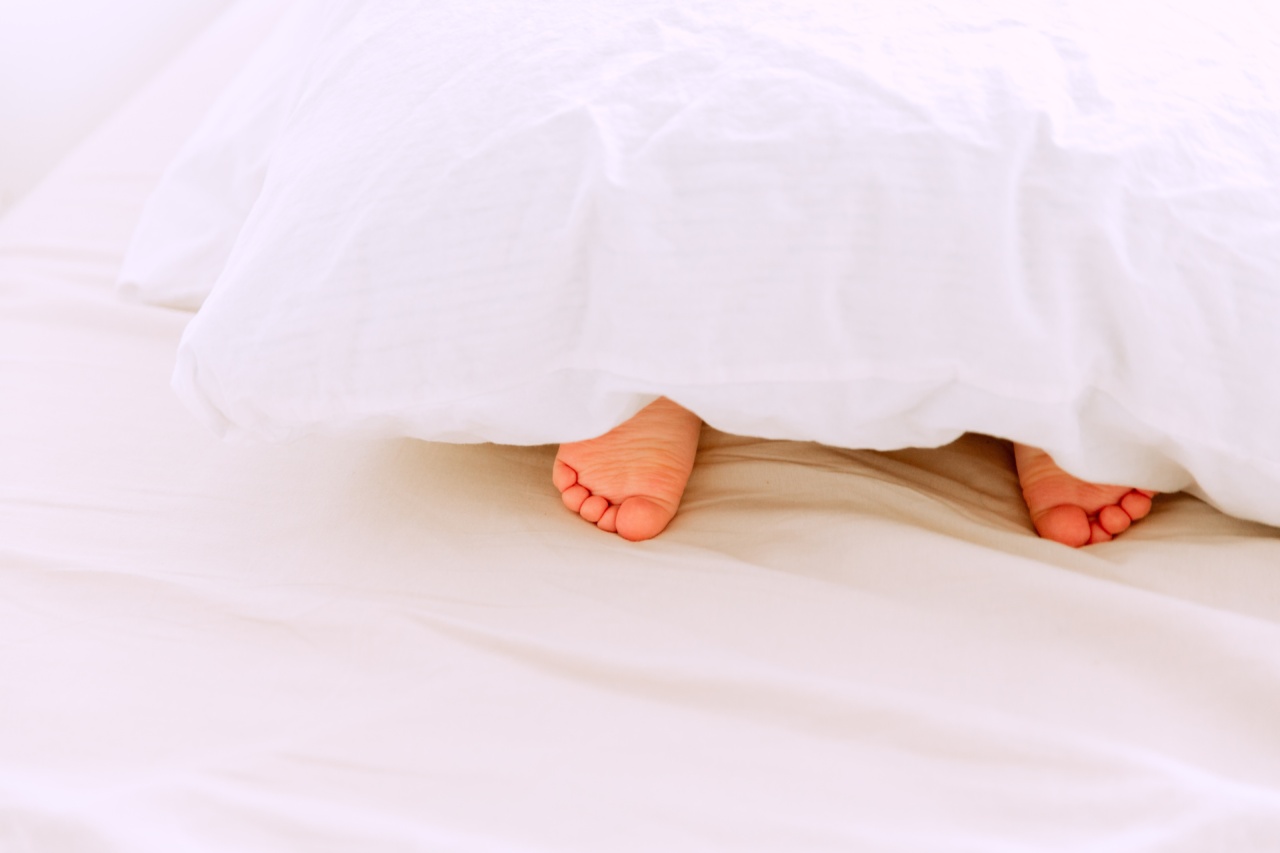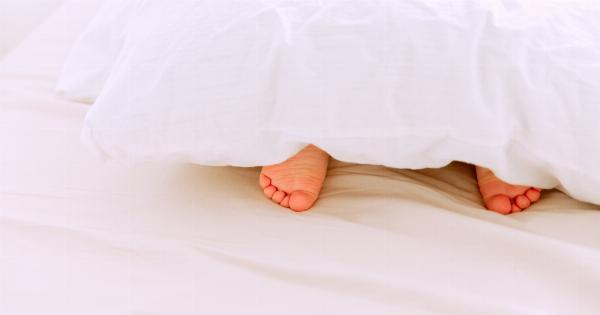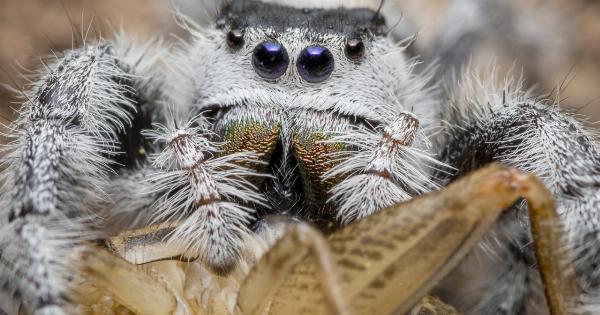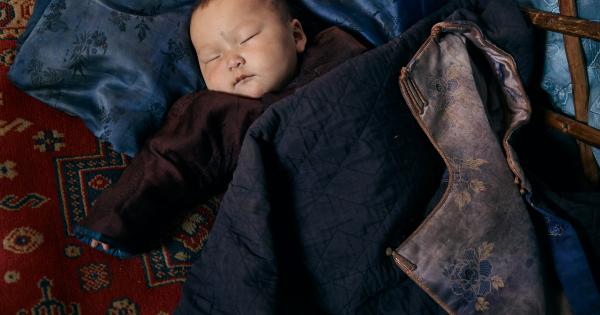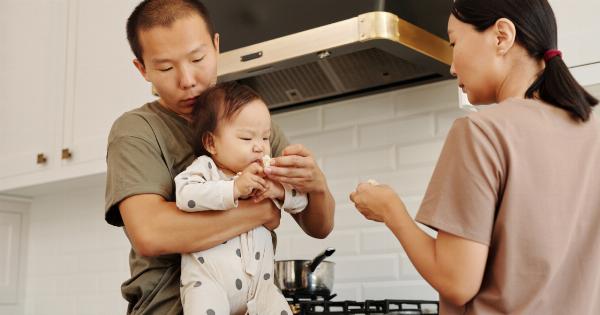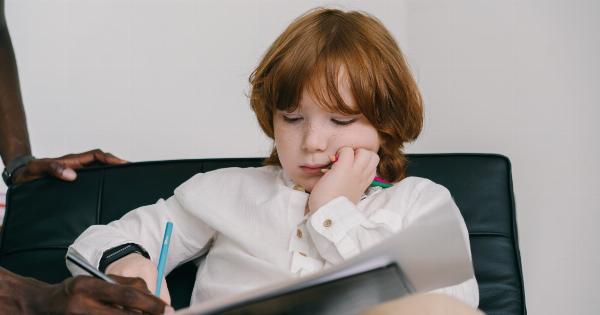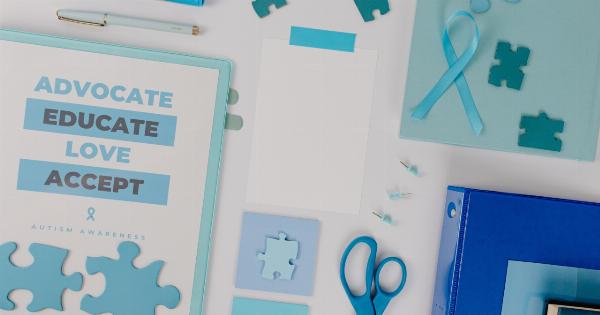Babies are delicate creatures that require proper care and attention to ensure their development is smooth. One of the most critical aspects of a baby’s growth is sleep.
While co-sleeping with a newborn is common, eventually, parents have to make the transition to their baby sleeping in their own room. But when is it safe for the baby to sleep in their room?.
Age
Babies below the age of six months require constant attention and monitoring, making it dangerous to leave them alone in their rooms.
The American Academy of Pediatrics (AAP) recommends that infants sleep in their parents’ room, close to their bed, for at least the first six months of their life. Although it is not impossible to have them sleep in their rooms at this age, it is not recommended.
After the first six months, the baby’s sleep patterns start becoming more predictable and organized. They are more likely to have longer sleeping hours at night, giving parents the perfect opportunity to move them into their room.
Research has shown that children who sleep in their rooms from six months onwards have better sleep quality and are less prone to sleep disruptions.
However, it is essential to remember that every baby is different and may not be ready to sleep in their room at six months. You need to evaluate whether your child is ready for the transition.
Ability to Self-Soothe
When a baby is in a separate room, it is crucial that they learn to self-soothe when they wake up in the middle of the night. Babies learn how to self-soothe through experience.
As such, before moving them into their room, ensure that they have learned how to pacify themselves.
If you have not yet discovered how your baby self-soothes, you can try to put them down while they are drowsy but not yet asleep. You can also try using a pacifier or white noise to help them soothe themselves.
By six months, most babies have figured out how to self-soothe.
Environment
The baby’s room environment is an important factor to consider when deciding whether they are ready to sleep alone in their room. The room should be completely safe with no hazards such as loose electrical cables or sharp corners.
It should also not be too hot or cold, and you should ensure that there is adequate ventilation to reduce the risk of Sudden Infant Death Syndrome (SIDS).
In addition, the baby’s bed should be comfortable and safe. The mattress should be firm and fit perfectly in the crib, with no gaps or spaces that could cause suffocation or entrapment.
Avoid putting any fluffy items, loose bedding, or pillows in the crib that could suffocate the child during sleep.
Developmental Milestones
Every baby reaches developmental milestones at different times. While some babies may start crawling and standing up earlier, others may take longer to reach these milestones.
Before you move your baby into their room, you need to consider whether they have reached specific milestones that would make them more independent and less likely to get hurt.
For instance, if your baby has started crawling, make sure that their room is adequately baby-proofed to prevent injuries. If they are standing up, make sure that their crib is at the lowest setting to prevent falls.
Attachment
Leaving your baby to sleep alone can be difficult for both you and your child. The baby has grown used to sleeping close to you and may take some time to adjust.
It is important to note that just because the baby sleeps in their room does not mean that you should disconnect from them. Ensure that you spend as much time as possible with them during the day.
Another way to make the transition easier is to gradually introduce your baby to their room. You can start by putting them down for a nap in their room, and gradually increase the hours as they get accustomed to it.
Final Thoughts
The decision to move your baby into their room is a personal one, and there is no one-size-fits-all answer. You need to evaluate your baby’s readiness before making the transition.
At six months, most babies are ready to sleep in their own room, but some may need more time.
Increase the likelihood of a smooth transition by ensuring that the environment is safe, the baby has reached necessary developmental milestones, and has learned how to self-soothe.
While it may be tough for both you and your child in the beginning, it is essential that you give yourself time to adjust to the new arrangement.
